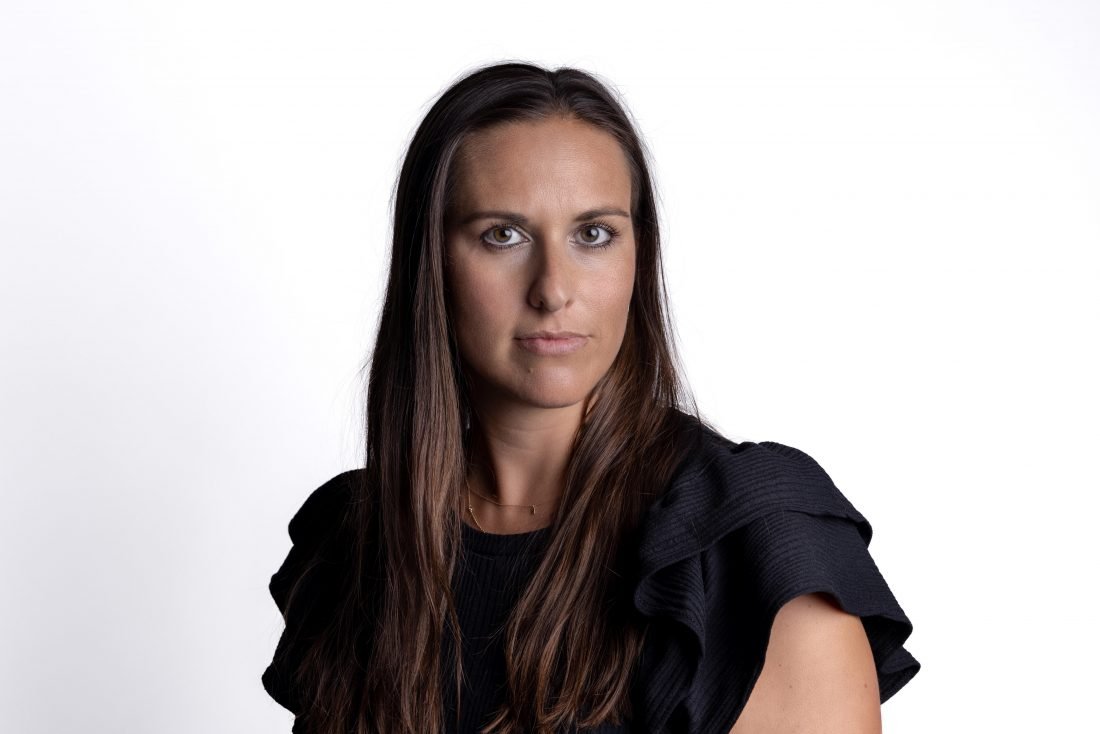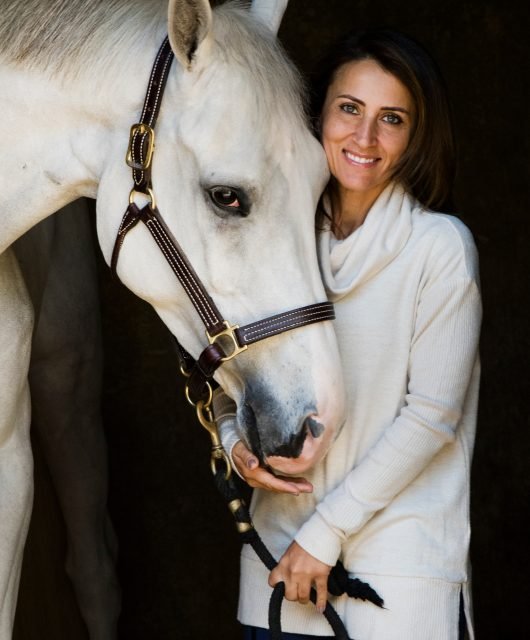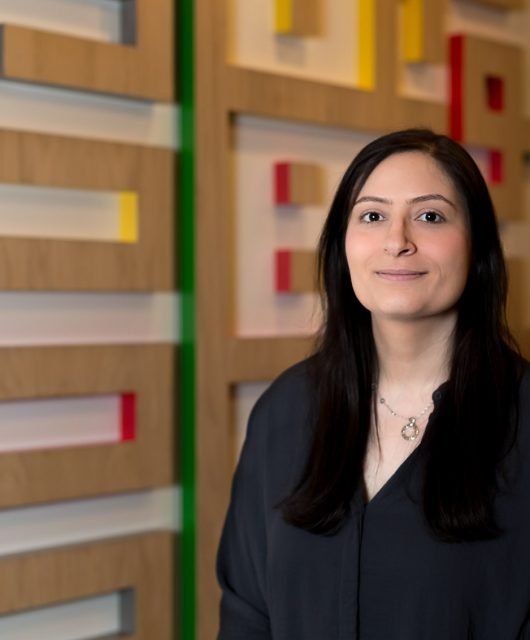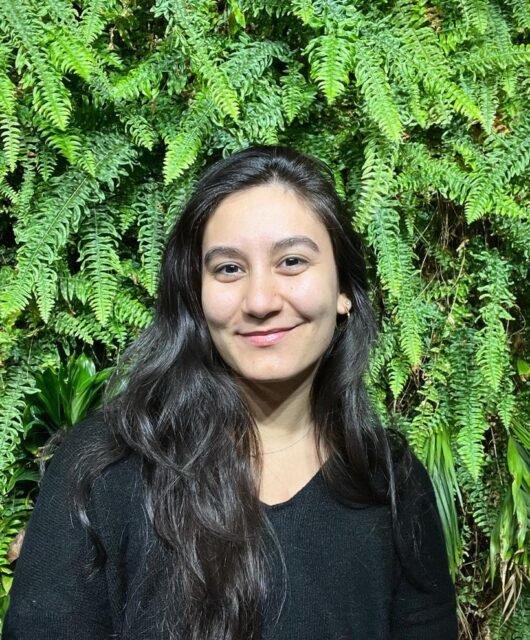The Wonder Women of MENA: VMLY&R MENA’s Ginny Kemp-Taylor

About Ginny Kemp-Taylor
Ginny has spent the last 16 years helping brands make an impact in an overly saturated market. Her strong belief in the influential power of campaigning has allowed her to drive tangible growth for clients across various sectors. From entertainment to banking, big corporations to local startups – Ginny will treat every job with the same level of enthusiasm and dedication.
Her business acumen coupled with her creative eye, moved her up through the ranks following major achievements with brands like Coca-Cola, Disney, and GSK. Enabling work that tells and work that sells. Ginny moved onto a new kind of agency role a couple of years ago, one that allows her to apply her skills to the company she works for.
As the Head of Communication and Operations for VMLY&R in MENA, her mission is to drive a connected story across both VMLY&R and VMLY&R COMMERCE and ensure they are put firmly on the map.
Her focus is to ensure our brand, news and our people are made famous throughout the region, whilst running a tight and efficient ship internally looking at all routes for efficiency and streamlining processes across all agency functions. Ginny is a multi-talented and multi-faceted asset to our MENA team and has garnered recognition within the industry being nominated as a WPP Stella MENA representative, as well as one of Communicate Middle East’s ’30 Women to Watch 2022’.
As well as holding down her other full-time job as mum to 2 young children, Ginny enjoys getting away from the city chaos and Horse Riding through the desert, or sipping on something strong by a pool. But who doesn’t, right?
About her thoughts for the industry
There’s no denying that the advertising industry is evolving more rapidly than ever before, and 2023 can expect to see that continue. This rapid evolution is being driven by advances in technology and changing consumer behavior. The rise of new digital channels and the increasing use of data analytics to personalize messaging will lead to a more targeted and precise approach to advertising. This means that advertisers will be able to identify and target specific audiences with greater accuracy, resulting in higher engagement rates and ROI. Or so we hope.
As for the impact on women in advertising, there will be both positive and negative effects. On the one hand, the increasing use of technology and data analytics will create more opportunities for women to excel in traditionally male-dominated fields such as digital marketing, data analysis, and artificial intelligence. Women who are equipped with these skills will be in high demand as companies seek to diversify their talent pool and leverage the full potential of technology.
On the other hand, the advertising industry has historically been plagued by issues of gender inequality, with women often facing discrimination in the workplace. Despite efforts to improve diversity and inclusion, women continue to be underrepresented in leadership positions, and there are persistent disparities in pay and advancement opportunities. In the fast-paced and competitive world of advertising, the pressure to meet targets and deadlines can exacerbate these issues and create a toxic work environment.
Another potential challenge for women in advertising is the increasing use of automation and machine learning. While these technologies offer many benefits, they also have the potential to eliminate jobs and reduce the need for human input. Women who are employed in more traditional advertising roles, such as copywriting or design, may find themselves at risk of being displaced by AI and other automated tools. A hot topic that we are seeing being discussed on many levels all around the globe.
To mitigate these risks, it is essential for companies to prioritize diversity and inclusion in their hiring and promotion practices. This means actively seeking out and supporting women and other underrepresented groups, providing opportunities for training and development and creating a workplace culture that values and respects diversity. Companies that can foster an inclusive and supportive environment are likely to be more successful in retaining top talent and driving innovation.
Although I believe this year will be characterized by technological innovation, personalized messaging, and increasing demand for diverse talent and that these changes offer many opportunities for women to succeed, they also pose potential challenges such as discrimination, job displacement, and a lack of diversity in leadership roles. I fully expect to see the DE&I agenda of companies to become a decision-making factor in the recruitment process and for it to form a critical part of all aspects of agency operations moving forward.





